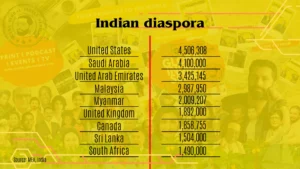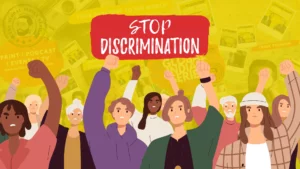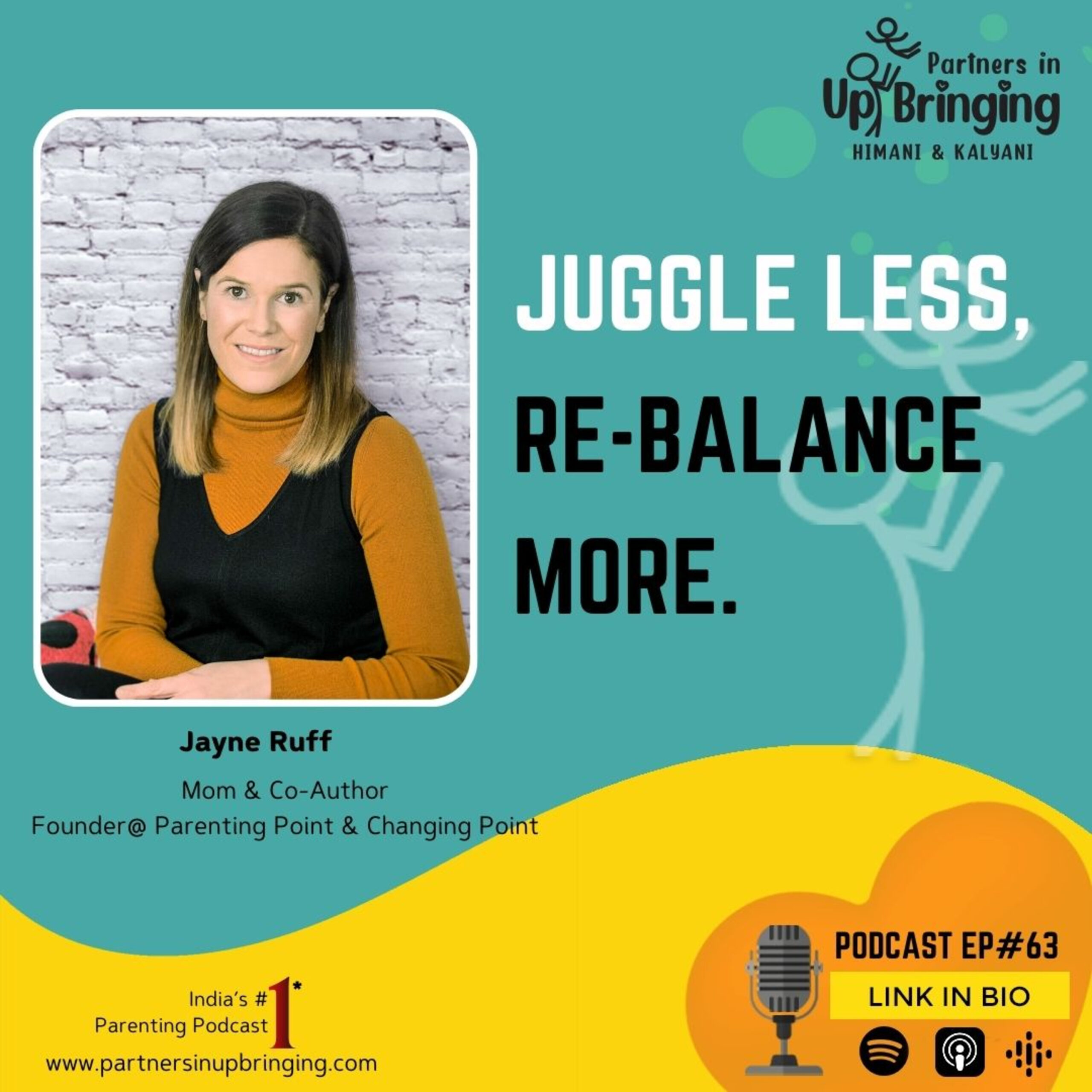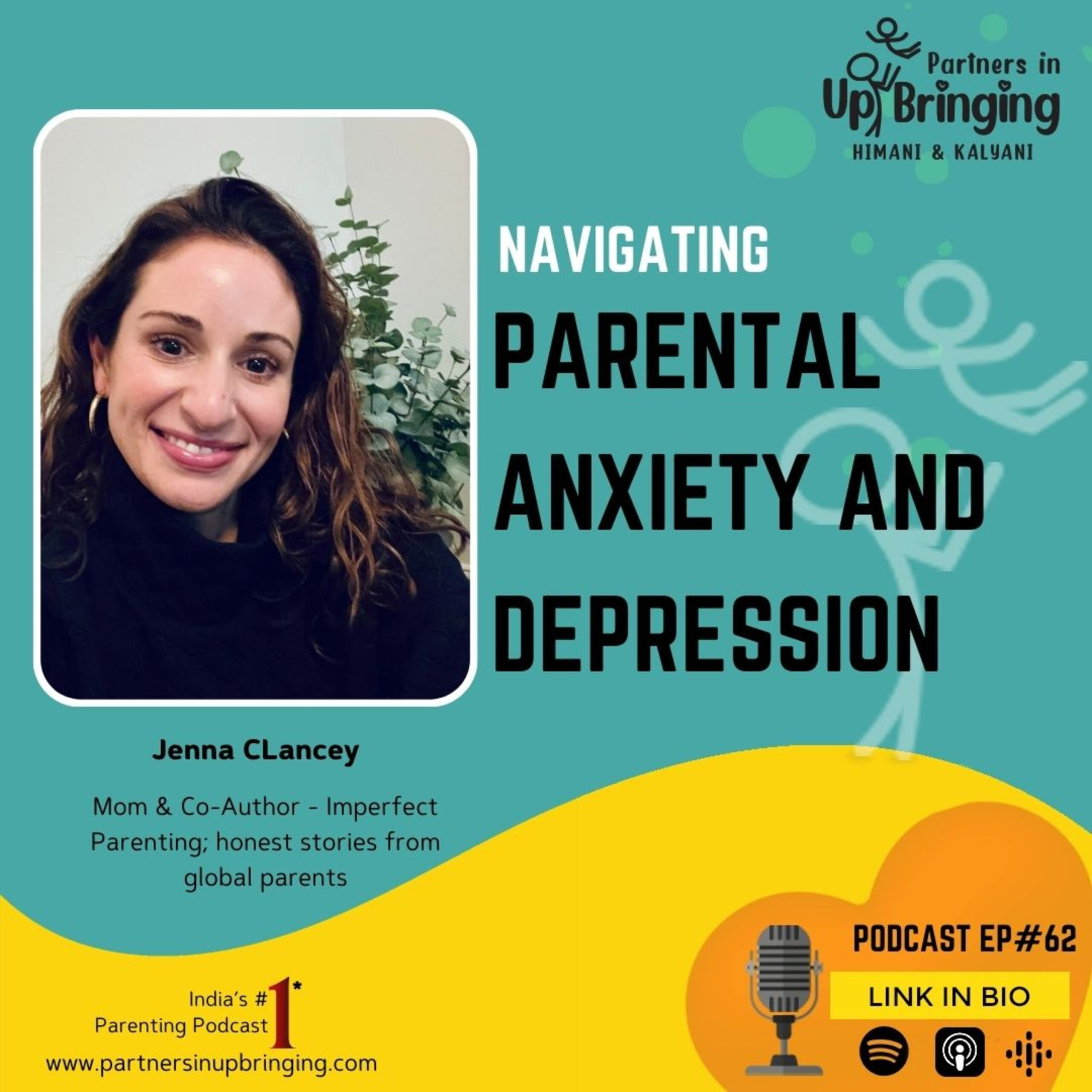Apartheid returns: Will India's silence on discrimination against Indian diaspora in South Africa challenge its soft power?
In June 2021, Jayshree, a seventh-generation Indo-South African, wearily woke up to the screams that echoed the night before. A resident of KZ, Phoenix, Durban, her windows still holds the markings of last night's torment, with broken glass shattered across her living room wall and the smell of thick smoke covering the internals of her humble home. Too afraid to send her two young children to schools due to threats of murder, she attempts to bunker in for yet another day, living on rations, not knowing the outcome of tomorrow. This is not a war-torn village; this is Durban in South Africa. A country which resides in the exclusive BRICS club.
Jayshree, like many of the millions of South African Indians, has been shaken to the core over the violence that erupted over Jacob Zuma's arrest, which then saw the deliberate targeting of Indian and coloured shops, businesses and eventually homes. With the threat of murder and divisive slogans including "one bullet, one Indian". She, like many others, fears what may come next.
Unfortunately, the Phoenix riots are one in a long list of highly and openly discriminatory activities against South Africa's minorities. The list of events becomes endless, with each name activity becoming a census of what was once termed a rainbow nation.
The Durban riots in 1949. The riots resulted in the deaths of 142 people, including 87 Africans, 50 Indians, and 5 whites. Over 1,000 people were injured, and thousands of homes and businesses were destroyed.
Several factors sparked the riots, including economic competition between Africans and Indians, political tensions between the African National Congress (ANC) and the Natal Indian Congress (NIC), and rumours that the government was planning to grant Indians more rights.
The Inanda riots in 1985. In Inanda, Durban, South Africa, violent clashes erupted between Indian and Zulu residents following the assassination of Victoria Mxenge, a revered anti-apartheid activist, on August 6, 1985. The riots quickly escalated, with Zulu mobs targeting Indian homes and businesses, resulting in a tragic loss of life, injuries, and extensive property damage. The riots uprooted over 1500 Indian families, forcing them to flee their homes as they witnessed unimaginable horrors, including the burning alive of three Indian men from the same family. These heart-wrenching events left a trail of devastation, terror, and stolen belongings in their wake.
The reverberations of violence against Indian communities beyond the borders of India have sent shockwaves across the world. One notable instance outside of South Africa was the Fiji coup in 1987, where ethnic Fijians unleashed attacks on Indians, leaving a trail of destruction that included brutal murders, rapes, and looting and rendered countless individuals homeless. These tragic events inflicted immense suffering and sparked a profound introspection among the affected communities, forcing them to confront the complex dynamics of their hyphenated identities.
Yet the silence from the international community has been deafening. Undoubtedly South Africa is a nation scarred by the legacy of apartheid. However, despite its public attempt to recreate a national identity that encompasses all, the rusty nails in its shiny exterior are starting to emerge for the world to see.
There is a disheartening resurgence of discrimination against its minority communities. Among these communities, one can find the Khoisans, the "whites", and the Indian diaspora, which traces back to the late 1800s. The South African Indians face ongoing racism and marginalisation.
In recent years, the Indian government has made significant efforts to woo the Indian Diaspora, or in their words, the "Rashtradoots", celebrate their achievements and provide awards, including the esteemed Pravasi Bharatiya Samman, all in an attempt to emphasise their bond with the motherland whilst increasing its soft power foothold in nations.
In some cases, like the incident with the Lecester riots in the UK, the government of India released clear statements of intent towards its British counterpart. However, when it comes to supporting and speaking out against discrimination faced by the Indian diaspora in other nations, especially in South Africa, the government's silence is deafening. It raises crucial questions about the nation's commitment to its diaspora and the principles of equality and justice.

With Indians comprising 2.6% of South Africa's population, their suffering cannot be dismissed or overlooked. The community hailed for its contributions to India feels justifiably abandoned and neglected. Especially when the Government of South Africa, has brought further discriminatory acts against them.
Many questions emerge: What is the true meaning of African nationalism? What is the true unglossed version of national identity in South Africa?
The Indian diaspora's struggle
Amidst their dominion over India, the colonialists orchestrated a compelling narrative of exploitation, seizing Indian individuals as indentured labourers to tend their plantations. Branded as girmitiyas, these intrepid individuals left their homeland behind, weaving tales of resilience and hope as they embraced new lives in faraway lands like Fiji, Kenya, Malaysia, and the Caribbean, etching their indomitable spirit into the annals of history.
The Indian diaspora in South Africa has a rich history that dates back to the late 19th century. They have played an integral role in shaping the nation's economic, cultural, and social fabric. However, despite their contributions, they continue to face discrimination and racism, predominantly instigated by politicians who seek the majority black vote.
Incidents of hate crimes, verbal abuse, and economic marginalisation have become distressingly common for people of Indian origin in South Africa. The stories of their plight often go untold as the Indian government celebrates Pravasi Bharatiya Diwas on 9th January each year, launches schemes such as the Pravasi Kaushal Vikas Yojana (PKVY), Scholarship Programme for Diaspora Children (SPDC), and the Know India Programme (KIP) to represent their interests, remains conspicuously silent.
A Return to Discrimination

One of the most concerning aspects of the current situation in South Africa is the implementation of discriminatory employment practices that prioritise black individuals over whites, Indians, and Kullid (people of mixed race). This policy, reminiscent of the dark days of apartheid, undermines the principles of equality and poses a threat to the inclusivity the nation has claimed to achieve. It affects the employability of non-black citizens and jeopardises essential services that rely on skilled professionals regardless of their racial background.
These policies ignite a profound contemplation on the concept of "indigenous." The echoes of such narratives resound in countries like Malawi, where controversial legal changes are currently unfolding, evoking both concern and debate. These developments prompt us to critically examine the evolving dynamics within the country and reflect upon the implications they hold for notions of identity and belonging.
The consequences of such policies are far-reaching. Economic development and investment suffer as potential investors are discouraged by discriminatory practices, impeding the nation's progress. Moreover, the rift between tribes is deepening, fueled by tensions and a lack of inclusive leadership. South Africa stands on the precipice of a potential civil war driven by the very individuals who should be working to unite the nation.
India's Disregard for Its Diaspora
While Indian politicians are often eager to court the support and adoration of the Indian diaspora during elections, cultural events and stadium-packed photo opportunities, their commitment to the welfare and rights of the diaspora wanes when it comes to addressing pressing issues, especially when the ability to do so as events including the Indian African Summit and BRICS.
This stark discrepancy in behaviour may reveal a disturbing lack of genuine concern and a predominantly opportunistic approach toward the diaspora. The Indian government's silence on the discrimination faced by the Indian diaspora in South Africa raises critical questions:
What truly defines the concept of "Indianness"? More importantly, if it continues unresolved, will it impact the foundations of the nation's perceived soft power?
I often ask our guests on the podcast - "India means something to you, but do you mean anything to India?"
Can we disregard the invaluable contributions of Indians who shed their blood during South Africa's struggle for independence from colonial powers?
Who truly belongs to South Africa?
The people of Indian origin, who have made significant contributions to the nation's history, economy, and culture, now find themselves victims of racism and discrimination perpetuated by some sections of the black population. Such treatment contradicts the ideals of unity, diversity, and equality that South Africa aspires to uphold.
A Cry for Support
It is incumbent upon the Indian government to rise above political expediency and unequivocally speak out in support of the Indian diaspora in South Africa. The principle of standing against discrimination and championing equality must extend beyond national borders.
At the Global Indian Series, we ignite profound discussions on national identity and the essence of belonging. We not only delve into thought-provoking conversations about the lands we proudly call home but also embark on a quest to seek authoritative answers concerning the community.
In 2021, the head of the opposition party in Trinidad and Tobago and other Governments, including members of the House of Lords, UK, filed official statements against the human rights abuse against the minority communities in South Africa. India did not.
The diaspora, representing the diversity and richness of Indian culture, deserves their ancestral homeland's unwavering support and protection. Diplomatic channels must be utilised to engage with the South African government, demanding an end to discriminatory policies and ensuring justice and equal opportunities for all its citizens.
Additionally, India's influence on the global stage can play a pivotal role in raising awareness about the plight of the Indian diaspora in South Africa. By shedding light on their harsh realities and garnering international support, India can push for change and encourage South Africa to live up to its principles of inclusivity and fairness.
The Indian community of South Africa are South Africans - no more, no less. Check out our podcast on: The South Africa they didn't want you to know about.
As South Africa grapples with the resurgence of discrimination and inequality, the Indian government's silence sends a distressing message about its commitment to its diaspora and its stand against injustice. The return of apartheid-like policies threatens the social fabric of South African society demands immediate attention and action.
With its history of struggle against discrimination, India must not disregard the suffering of its diaspora. It is time for India to shed its silence, speak out forcefully, and provide unwavering support to the Indian diaspora in South Africa. By doing so, India can play a crucial role in fostering a more inclusive and equal society within South Africa and globally. The time to act is now, as justice and equality should never be compromised, regardless of national boundaries.
Is it justifiable to fracture the intricate tapestry of a nation solely based on skin colour? Can we disregard the substantial contributions made by a community towards the country they now proudly call home?
We invite you to share your thoughts and engage in a meaningful conversation in the comment section below.
As always, please accept the assurances of my highest consideration.
Rajan Nazran
-------------------------------












